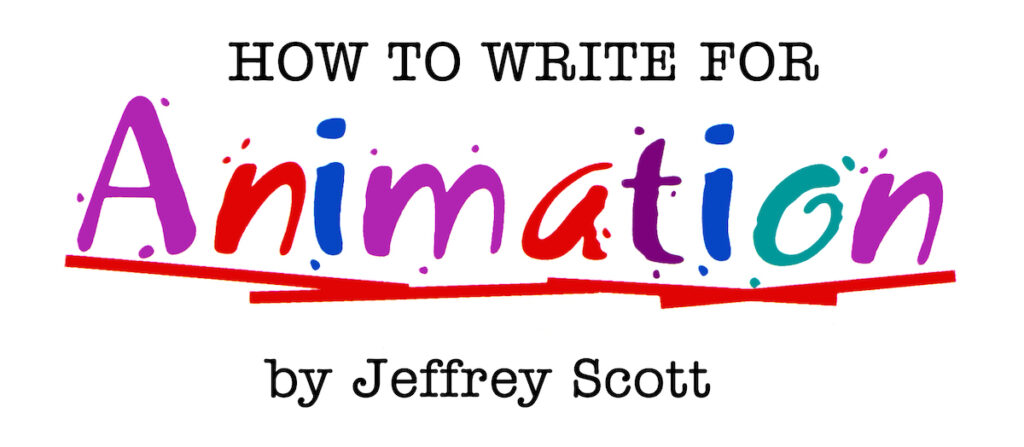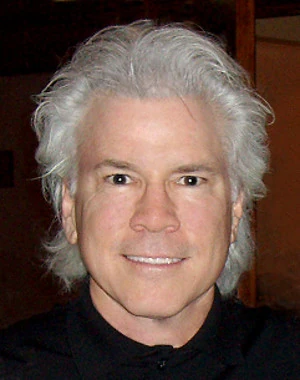
One of the best ways to make sure you don’t waste time (and money if you’re being paid) by writing too long is to estimate the page count of your scenes before you begin your script. You do this by reading your outline and doing the best you can to judge how many script pages each scene will take. I use half-page increments. If I think a scene is going to take a quarter of a page to write, I’ll count it as a half, which gives me a little leeway. And if I think a scene is just going to be a small fraction of a page I’ll count it as zero. Don’t try to estimate pages in small fractions or you’ll drive yourself crazy.
Next, I make a notation on each outline scene of the number of pages I think that scene will be, along with the cumulative number of all the scenes up to that point. For example, if my first scene is three pages I’ll type “[3/3]” for that scene, meaning this scene should be three pages and there are three pages in the script so far. If I estimate the second scene to be 1½ pages I’ll make a notation on that scene that looks like this: [1½/4½]. This means the current scene is 1½ pages and total pages so far are 4½. I’ll keep doing this until I’ve finished estimating the entire script.
It’s hard to guess how many pages a scene will take if you’ve never written a script before. So you might want to read a few scripts before estimating the length of your outline’s scenes in order to have a feeling of scene length fresh in your mind.
I’ve known writers who, because they failed to estimate their script, wound up writing 50 per cent more pages than needed. Not only did they have to throw away pages of their work, but they also spent twice as long trying to figure out what to keep and what to cut.
If you don’t know from sample scripts how long your script should be just figure 25 pages for a half-hour script (which is generally 22 minutes of screen time), and about half that for 11-minute scripts.
If, after estimating your script length, the number of pages comes out too high, just go back and review the scenes, tightening up the longer ones until you come out to the right number of pages. If the total is too low, go back and increase the length of some of the scenes. Don’t do this randomly. Read the scene carefully and you should be able to feel which ones need cutting or expanding.
Your estimation skills will improve markedly over time. I’ve written enough scripts to be able to often estimate to the exact page.
Once you begin writing your script, check your cumulative page estimate after writing each scene. Don’t worry about a few pages, plus or minus. This is okay and will likely change if you do a second draft. But if you’re running way long you can adjust by writing the next scene(s) shorter to compensate, or maybe cut a scene in its entirety. Continue this process as you write, keeping your eye on the target and your actual page count, until you’ve finished your first draft. After you’ve done this on a few scripts you should get a good sense of how to time your scenes.
©Jeffrey Scott, All Rights Reserved
Jeffrey Scott has written over 700 animated and live-action TV and film scripts for Sony, Warner Bros., Disney, Marvel, Universal, Paramount, Columbia, Big Animation, Hanna-Barbera and others. His writing has been honored with three Emmys and the Humanitas Prize. He is author of the acclaimed book, How to Write for Animation. To work with Jeffrey visit his website at www.JeffreyScott.tv.
Read other articles from this series:
#1 The difference between live-action and animation writing
#3 It all begins with a premise
#4 The secret to developing your story
#5 Finding the scenes that MUST be there
